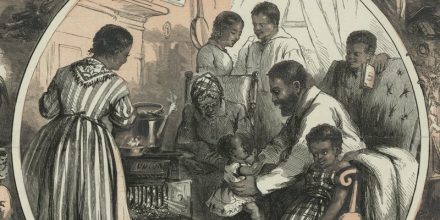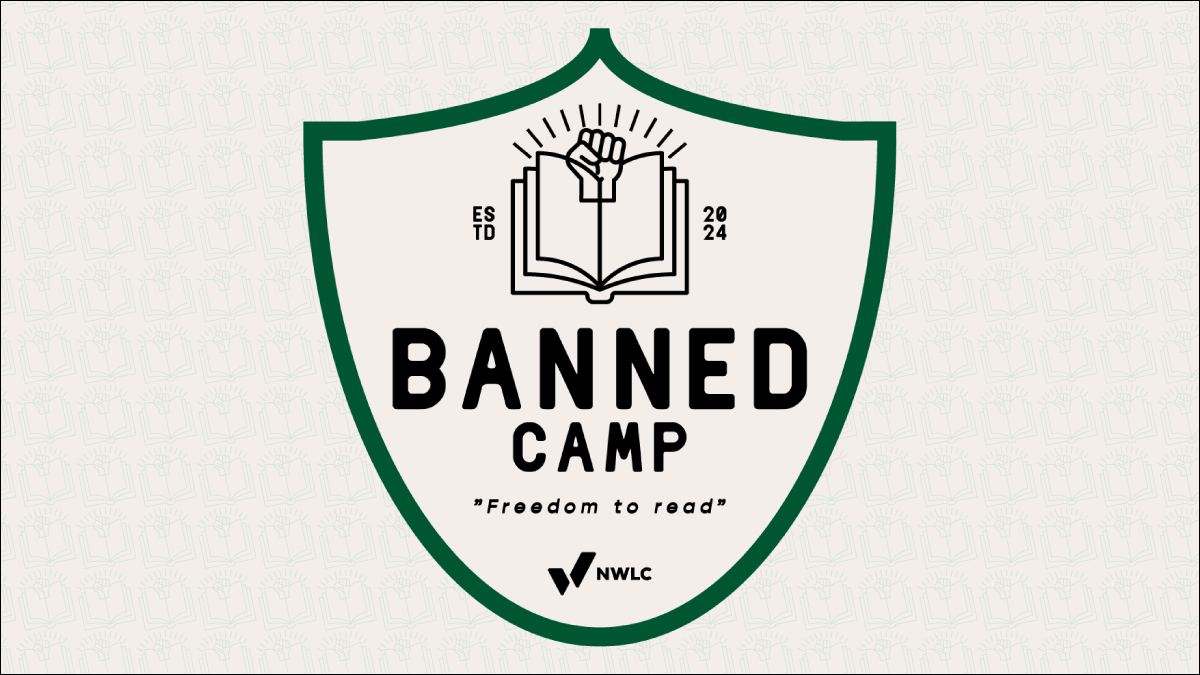Reflecting on Juneteenth: To Realize Justice We Have to Do More Than Resist


Growing up in Columbus, OH, my summers were highlighted by the festivals I attended with family and friends. Juneteenth marked the beginning of festival season in my community. Generations of Black folks would gather in a local park wearing dashikis and African inspired garbs to watch numerous artistic acts, enjoy an array of BBQ and soul food, join drum circles, dance and celebrate. There was always an understanding that we were there to celebrate the end of slavery, but the holiday was also used as a chance to address problems that were affecting our communities. In addition to dance circles and food stands, there were often resource booths for folks to register to vote, schedule medical checkups for themselves and their families, and sign youth up for various summer camps. For Black folks, celebrations are rarely simple events centered on happiness. They usually involve remembering those we are conditioned to forget, honoring those whose accomplishments are often undervalued and erased, and reimagining what our future can and will be.
The History
On June 19, 1865, Union soldiers landed in Galveston, Texas to inform the Texans that the Civil War had ended and to issue a series of general orders for the region. Notably, General Order Number Three stated,
“…all slaves are free. This involves an absolute equality of personal rights and rights of property between former masters and slaves, and the connection heretofore existing between them becomes that between employer and hired labor…”
This news was met with resistance from slave holders who were apprehensive about their crops. While slave holders and confederate rebels worried about what this specific general order would mean for them, newly freed folks in the area began to grapple with the notion of freedom and the ways their expectations differed from their reality.
The general order may have seemed clear, but to many Black folks in the region the promise of freedom remained unfulfilled and the Union soldiers did little to change that. General Order Number Three encouraged Black folks to remain on their plantations and work for wages. However, there was little guidance and even less said about fair wages and working conditions or economic security and mobility. Using intimidation tactics, exploitation, and severe violence as tools, white slaveholders illegally continued their regimens without any repercussion. In her essay “Juneteenth: Emancipation and Memory,” Elizabeth Hayes Turner highlighted the experiences of several former slaves following General Order Number Three. Former slave Katie Darling continued working for her mistress for an additional six years and continued to be whipped and mistreated throughout that time. Another former slave, Susan Merritt gave an account of seeing Black bodies hanging from trees after they were shot trying to escape Galveston in the hopes of finally tasting freedom. Freedom, following the Civil War, was delayed, and that delay cost many their lives.
On the first anniversary of the Union’s arrival, newly freed folk decided to celebrate the day enslaved people in Galveston received the news that they were free. This celebration was the beginning of Juneteenth as we know it and has lasted for centuries and reached far beyond the state of Texas.
What Juneteenth Means Today
As I celebrate Juneteenth, I celebrate the emancipation of the past while grappling with the realities of bondage today. In a time when Black Mamas are being caged simply because they cannot afford bail and children are being caged due to racist and xenophobic policies, understanding the dangers of delaying justice is imperative. When we stall and wait to resist unjust practices, policies, and laws, the consequences are fatal.
Juneteenth continues to teach us that it is not enough to say what is right or simply give permission to do what is right. We must also proactively dismantle systems that protect and uphold what is deeply wrong. And that means taking to the polls and voting if you have the privilege of enfranchisement; it means writing, passing, and enforcing laws rooted in equity, justice, and the freedom to build our shared prosperity; and it means listening to and siding with folks who are being oppressed before their liberation is politically convenient. Juneteenth acts as a reminder that resistance must be intentional and prompt to realize justice. We owe it to our ancestors and communities to not settle for anything less.




